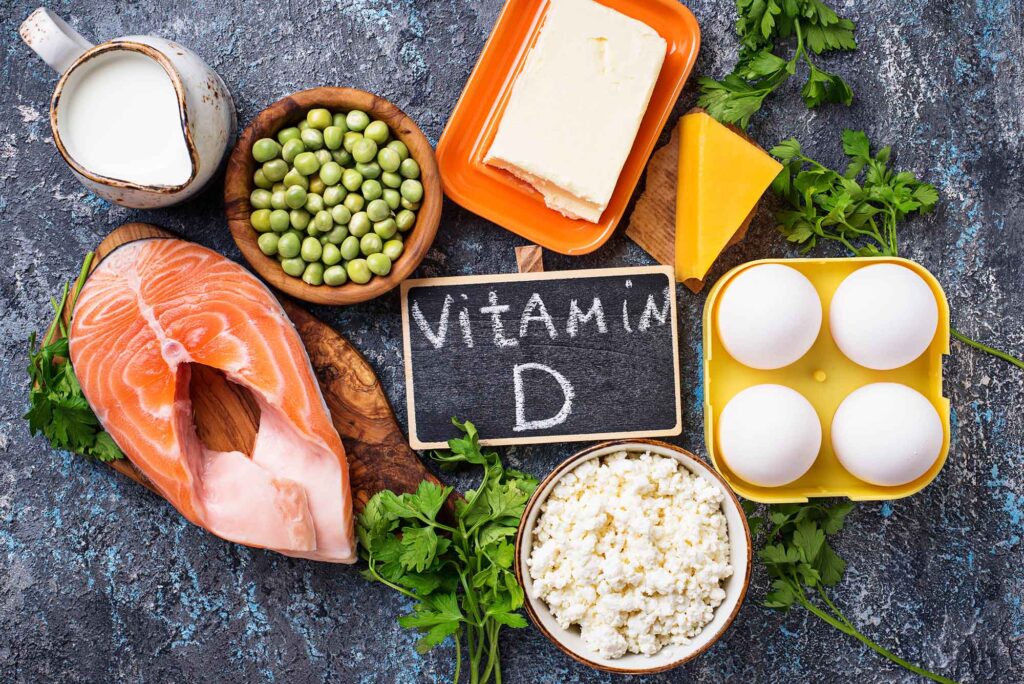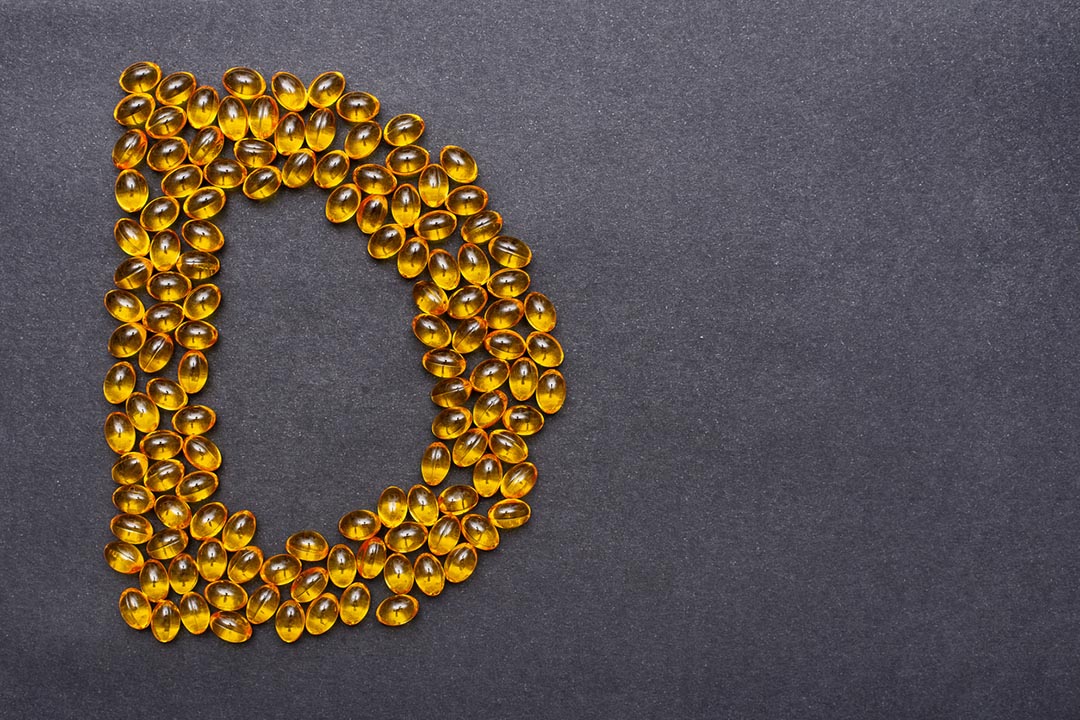Cancer is one of the most lethal diseases in the world, and it’s responsible for millions of deaths every year (9.6 million in 2018). It develops when the cells in your body grow uncontrollably. The cells are too immature to function properly and multiply at an astonishing rate. When these cells grow to a certain point, they turn into masses of cells called tumors. Individual cells from tumors can detach and travel to other parts of the body. This is called advanced cancer and is what causes the disease to spread.
The good news is that more than half of cancers are preventable. Research says that Vitamin D intake plays a big part in lowering the risk of advanced cancer in both men and women.
Because the sun’s rays stimulate the formation of vitamin D3 (Cholecalciferol), it’s also known as the sunshine vitamin. Vitamin D is a fat-soluble nutrient that efficiently manages levels of calcium and phosphorus in the body.
Researchers have found a strong relationship between Vitamin D and cancer. A healthy (and safe) amount of sun exposure, diet, and supplementation all help protect you against cancer.

Reduce Your Risk of Advanced Cancer
Although we associate Vitamin D with bone strength, it also considerably lowers the risk of several types of cancer, such as breast and gut cancer.
1. Vitamin D Prevents Swelling and Soreness
Dozens of studies show that Vitamin D reduces soreness and inflammation that occurs when your body’s immune cells fight cancer cells. The body does this by interrupting the production of signaling molecules in the body. Consequently, the body shows reduced swelling or redness in the area of the tumor.
2. Vitamin D Eliminates Harmful Chemicals from the Body
Every cell in your body produces unstable molecules that we call free radicals. Free radicals are charged ions that can damage DNA by causing cellular stress. Once the DNA is damaged, cancer multiplication is triggered. Vitamin D, on the other hand, purges the body of these unstable substances and protects you from DNA damage. Vitamin D also directly repairs the DNA damage and prevents cancer progression.
3. Vitamin D Blocks Growth of Tumor Cells
Vitamin D also stops the spread of cancer by activating the molecules that prevent the growth cycle of cancer from occurring.
4. Vitamin D Causes Death of Cancer Cells
Your body consists of billions of cells. With time, each of them age, become damaged and die. This process is known as apoptosis. There are two types of proteins that control the die-off of cells. One is an apoptotic protein that stops cancer cell death in your body, while the other is an anti-apoptotic protein, which allows for cancer growth. Vitamin D helps prevent cancer spread by reducing levels of anti-apoptotic protein and increasing levels of apoptotic proteins. As a result, vitamin D assists with the stoppage of cancer cell growth and promotes cancer cell death.
5. Vitamin D Reverses Drug Resistance
Recent studies confirm that Vitamin D intake reduces drug resistance that often develops during cancer therapy. It improves drug absorption in the body and increases anti-cancer effects.

Role of Vitamin D in Common Cancers
1. Vitamin D and Breast Cancer
Breast cancer patients and women nearing the end of their menstrual years (also called menopause) should regularly take Vitamin D. Research shows that a drop in Vitamin D levels can increase someone’s risk for and spread of breast cancer.
2. Vitamin D and Prostate Cancer
Vitamin D deficiency has also been linked to an increased risk of prostate cancer in men. The prostatic gland is a tiny gland located between the bladder and the penis. Excreting sperm-feeding fluids is one of its main responsibilities. Regularly taking vitamin D is a good health practice because it lowers the risk of prostate cancer.
3. Vitamin D and Ovarian Cancer
If you regularly take Vitamin D3 supplements, you can reduce the risk of developing ovarian cancer. The ovaries are two tiny egg-producing pouches that are located near a woman’s lower abdomen. Vitamin D activates a certain type of protein (again, called the apoptotic protein) that digests cancer cells in the ovaries.
4. Vitamin D and Mouth Cancer
Low levels of Vitamin D increase the chances of oral cancer. Research shows that Vitamin D3 is able to inhibit the growth of cancer cells within the mouth and even nearby structures such as the throat.
How Much Vitamin D Should You Take to Reduce Your Cancer Risk?
Vitamin D3 is a rapidly-absorbing, active form of Vitamin D that your body needs for many metabolic processes. According to clinical researchers, a Vitamin D3 dose of around 2000 IUs per day affords someone a significantly reduced risk of developing cancer, experiencing a rapid or severe progression, and dying.
The Final Word
Vitamin D deficiency is remarkably common, with up to 24% of people in the U.S. who have low levels. Recent research vouches for the efficacy of Vitamin D supplementation is a good way to lower the risk of advanced cancer. When an individual cannot get enough Vitamin D through diet, experts suggest taking daily supplements (totaling about 10 micrograms) of Vitamin D to aid in preventing cancer.




